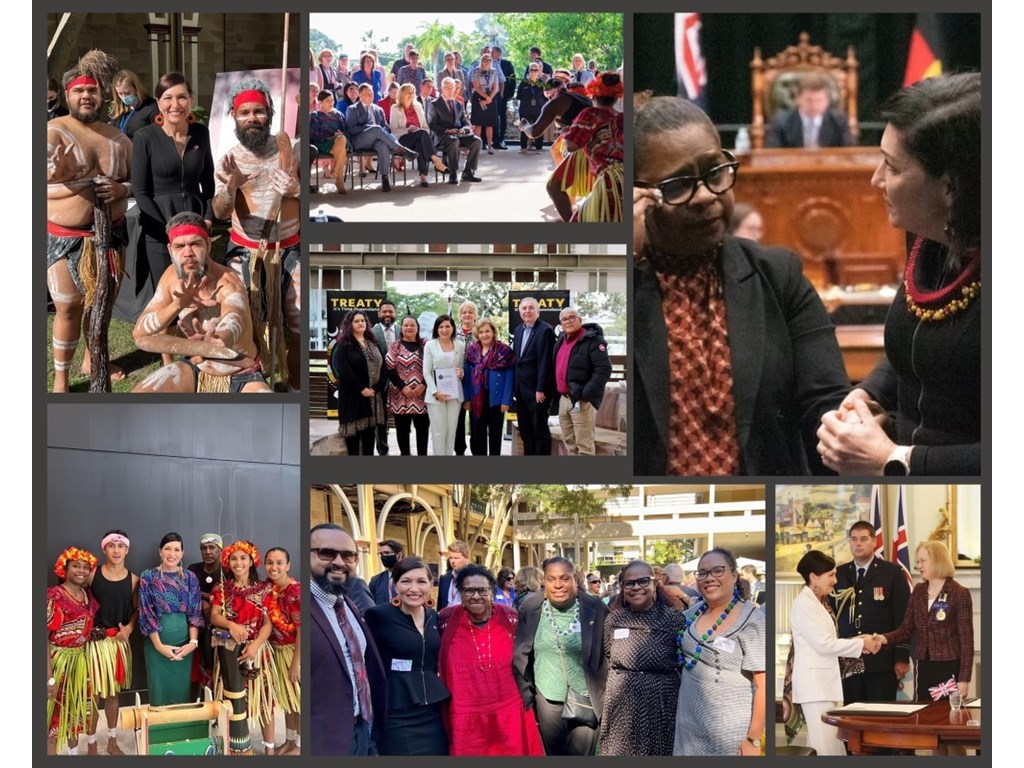Following are UN Secretary-General António Guterres’ remarks to the Security Council open debate on “Upholding the Purposes and Principles of the UN Charter through Effective Multilateralism: Maintenance of Peace and Security of Ukraine”, in New York today:
The United Nations Charter is our roadmap to a more peaceful world. The tools and mechanisms founded on the principles of the Charter are a how-to manual to resolve conflict. Together, our collective efforts over the years have contributed to preventing war on a global scale and saving millions of lives through peacemaking and preventive diplomacy, UN peacekeeping operations, disarmament and non-proliferation efforts, humanitarian and development programmes, and activities to promote human rights.
Just this week, the SDG Summit agreed on a rescue plan for the Sustainable Development Goals – an essential tool to prevent conflict and crises of all kinds. Multilateralism works. It is essential and effective. But multilateral tools and mechanisms are weakening. In the face of rising geopolitical tensions and challenges, some are failing while others – frameworks that are urgently needed – do not yet exist.
The number of conflict-related deaths last year almost doubled. United Nations peace operations are under unprecedented strain. Nuclear disarmament is at a virtual standstill. And there are no adequate global frameworks to address the security threats posed by new technologies.
I urge Governments to go further and do better to recommit to their obligations under the United Nations Charter, to use the full range of diplomatic tools that it provides, to prioritize the prevention of conflict and crises and to consider the proposals for new frameworks and tools in the New Agenda for Peace.
Russia’s invasion of Ukraine, in clear violation of the United Nations Charter and international law, is aggravating geopolitical tensions and divisions, threatening regional stability, increasing the nuclear threat, and creating deep fissures in our increasingly multipolar world. All this comes at a time when cooperation and compromise for multilateral solutions are needed more than ever to tackle challenges from the climate crisis to unprecedented levels of inequality to disruptive technologies.
The United Nations organs have been clear in condemning the war. The General Assembly overwhelmingly approved one resolution demanding that Russia leave Ukraine, and a second rejecting Russia’s efforts to annex Ukrainian territory. I have consistently and repeatedly called for a just and sustainable peace in Ukraine, in line with the Charter and international law – for Ukraine, for Russia, and for the world.
Russia’s invasion was followed by relentless, systematic attacks against civilians and civilian infrastructure and services, including health and education facilities. The war has killed or injured tens of thousands of civilians, destroyed lives and livelihoods, traumatized a generation of children, torn families and communities apart, devastated the economy and turned vast areas of farmland into deadly minefields.
Attacks on civilians and civilian infrastructure must stop immediately. Nearly half of Ukraine’s population – some 18 million people – need humanitarian assistance and protection. More than 6 million Ukrainians have fled the country. The United Nations has worked collectively to mitigate the impact on people, both in Ukraine and around the world and to support civilians. Our humanitarian programmes have stepped up, distributing aid to more than 8 million people this year in partnership with over 450 humanitarian organizations, half of them Ukrainian.
The International Atomic Energy Agency has established a presence at Zaporizhzhia nuclear plant and other major Ukrainian nuclear sites, to monitor safety, security and safeguards. Together with the International Committee of the Red Cross, we successfully organized the evacuation of civilians from the Azovstal steel plant in Mariupol last year.
Evidence of shocking and widespread human rights violations has been documented by UN agencies, including conflict-related sexual violence, arbitrary detentions; summary executions – mostly by the Russian Federation – and the forcible transfer of Ukrainian civilians, including children, to territory under Russian control or to the Russian Federation. This documentation is vital for accountability. Accountability for all human rights violations is crucial, in line with international norms and standards.
The war contributed to an unprecedented surge in global food prices, threatening millions with hunger and poverty. Starting in July 2022, we succeeded in mitigating that impact through the Black Sea Initiative and the Memorandum of Understanding between the United Nations and the Russian Federation.
During its one-year period of operation, the Black Sea Initiative, together with the Memorandum of Understanding on facilitating exports of Russian food products and fertilizers, helped to reduce global food prices by over 23 per cent from the record high reached in March last year.
The Black Sea Initiative enabled the export of nearly 33 million metric tons of grain and foodstuffs and allowed the World Food Programme to transport 725,000 metric tons of wheat for humanitarian aid to countries including Afghanistan and Somalia.
Under the Memorandum of Understanding, the United Nations delivered solutions on several of the most challenging areas of trade facilitation for Russian food and fertilizers, with continuous work on the remaining issues.
We deeply regret that Russia ended its participation in the Black Sea Initiative in July of this year. And that, immediately upon leaving, Russia launched a bombardment of Ukrainian ports and grain storage facilities on the Black Sea and the Danube River.
Attacks against terminals and grain stores are unacceptable and such assaults must end. Civilian shipping in the Black Sea has also been threatened. Further escalation could instantly shock the markets and destabilize the region. Volatility and uncertainty have already returned to international grain markets, while supplies from the harvest in Ukraine pile up.
The bombardment is also undermining our efforts in the implementation of the Memorandum of Understanding with the Russian Federation. It has led many of those whose goodwill is needed, notably in the private sector, to question whether there is any real interest in re-joining the Black Sea Initiative.
We remain engaged with all parties, aiming to ensure safe and secure exports of grain and fertilizer from Russia and Ukraine. These must be put on a stable footing, without the repeated threat of interruption. I am grateful to the Government of Türkiye for its contributions and urge all Member States to support our efforts.
The United Nations continues to work towards a just and lasting peace in Ukraine, in line with the Charter, international law, and the resolutions of the General Assembly. I urge all countries to do their part to prevent further escalation, and to lay the foundations for sustainable peace. We are fully committed to the sovereignty, independence and territorial integrity of Ukraine, within its internationally recognized borders.
This war is already causing limitless suffering. Its continuation risks further perilous escalation. There is never an alternative to dialogue, diplomacy, and a just peace. Thank you.








